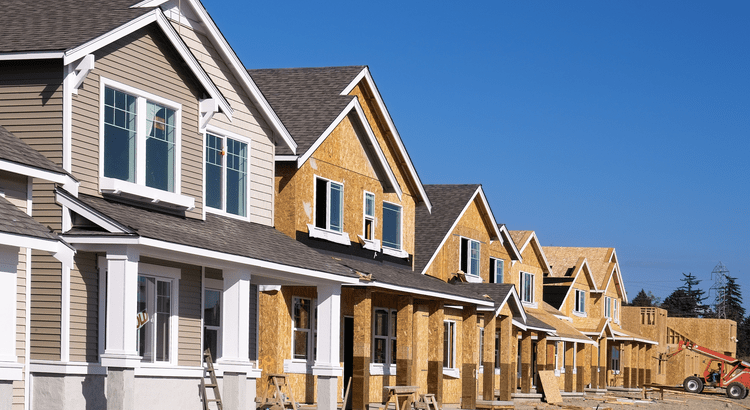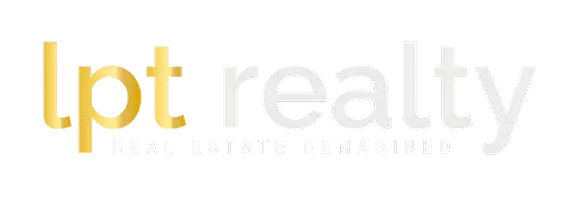Navigating Property Taxes in Iowa: A Homeowner’s Guide

Demystifying Iowa’s Property Tax System
Hey there, future Iowa homeowners! Property taxes can seem like a labyrinth, but I'm here to be your guide. With many years of experience in real estate, I’ve got the scoop on navigating Iowa’s property tax process, and I'm going to share it all with you. So, buckle up and let’s dive in!
-
Understanding the Basics
First things first, let’s talk about assessments. Every property in Iowa gets assessed to determine its value based on factors like location, size, condition, and recent sales data. Sounds simple enough, right? But remember, property taxes are higher in the Des Moines Metro area. Des Moines proper currently takes the cake for the highest taxes. Some towns have higher taxes than others, but some areas offer lower prices, so it might pan out.
The tax rate varies by county and is expressed in dollars per $1,000 of assessed value. And don’t forget about exemptions! Certain properties, like homesteads, qualify for exemptions, reducing the taxable value. That’s a win in my book.
-
The Assessment Cycle
Now, onto the assessment cycle. Properties are reviewed annually, with values adjusted based on market trends. You’ll get a notice detailing your property’s assessed value. Don’t just toss it aside—review it carefully! If you disagree with the assessment, you can appeal. Sometimes it works, sometimes it doesn’t, but it’s always worth a shot.
-
Calculating Your Tax Bill
Here’s the formula you need to know: Assessed Value × Tax Rate = Tax Liability. Simple math, right? But remember, Iowa offers credits like the Homestead Credit and Military Exemption to help ease the burden. Property taxes are due in two installments, in March and September. Mark those dates!
-
Escrow Accounts
Let’s talk escrow accounts. If you’ve got a mortgage, your lender might pay your property taxes through an escrow account. But here’s a tip—ignore the statement you get in the mail but keep it filed away. If your assessment goes up, your escrow payment might go up too. You’ll get a notice and be given a choice on how to "catch up" with current taxes. If you’re not escrowing, make sure you set aside funds for tax payments.
-
Special Assessments
Occasionally, cities levy special assessments for local projects like road repairs. Stay informed by attending city council meetings or keeping updated online. Trust me, it pays to know what’s going on in your community.
-
Tax Relief Programs
Iowa offers several tax relief programs. The Circuit Breaker program helps low-income seniors and disabled individuals, while the Business Property Tax Credit is available for commercial properties. These programs can make a significant difference, so don’t overlook them.
-
Staying Informed
Visit your county treasurer’s office for personalized assistance, and explore the Iowa Department of Revenue’s website for forms and FAQs. Knowledge is power, folks!
My Insights
As someone who’s been in the real estate game for many years, I strongly advise getting a local lender to fund your new home purchase. Iowa taxes are paid in arrears, and local loan officers arrange appraisals and know the ins and outs. National companies without reps in the state can slow down your sale due to their lack of experience. And with Iowa being such a hot spot right now, especially near the capital city, our assessments are going up. But remember, you can always appeal.
Property taxes fund essential services like schools, public safety, and infrastructure. Understanding the process empowers you as a homeowner.
Stay tuned for more insights on Iowa real estate! If you have specific questions, feel free to reach out to me. I’m here to help you navigate every step of the way.
Categories
Recent Posts










GET MORE INFORMATION


